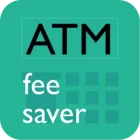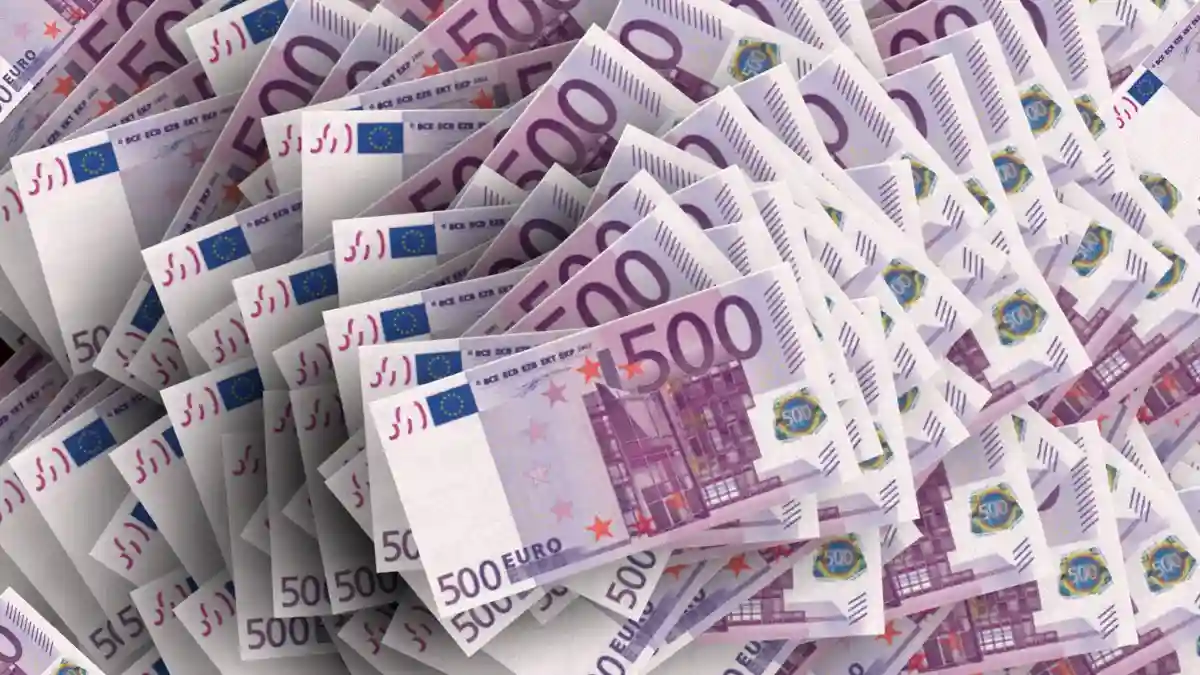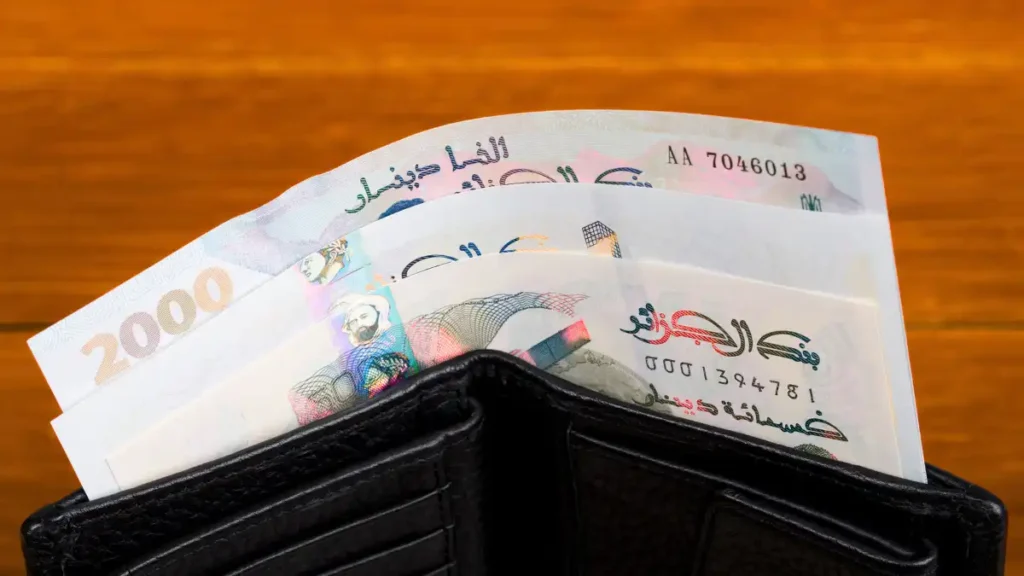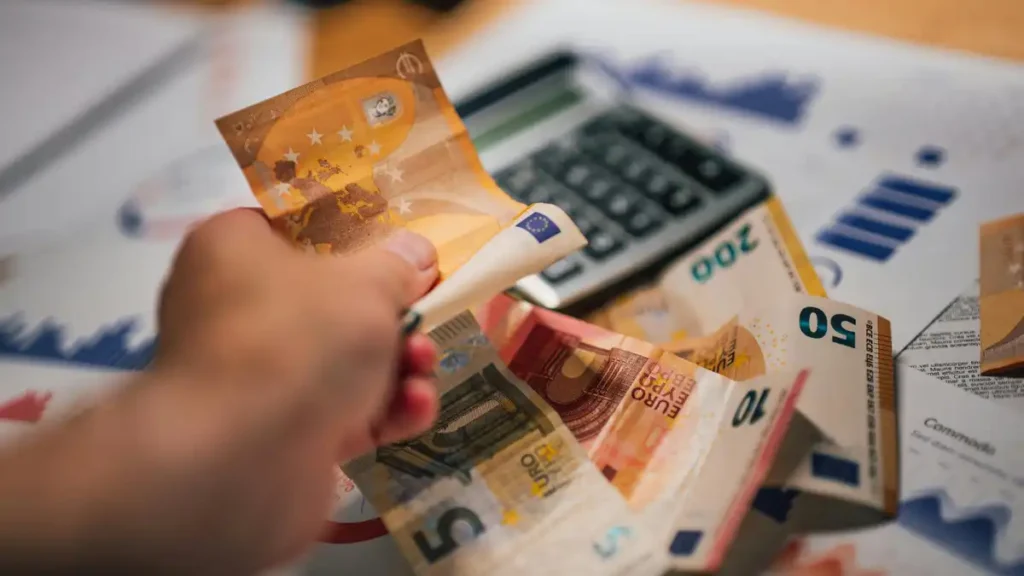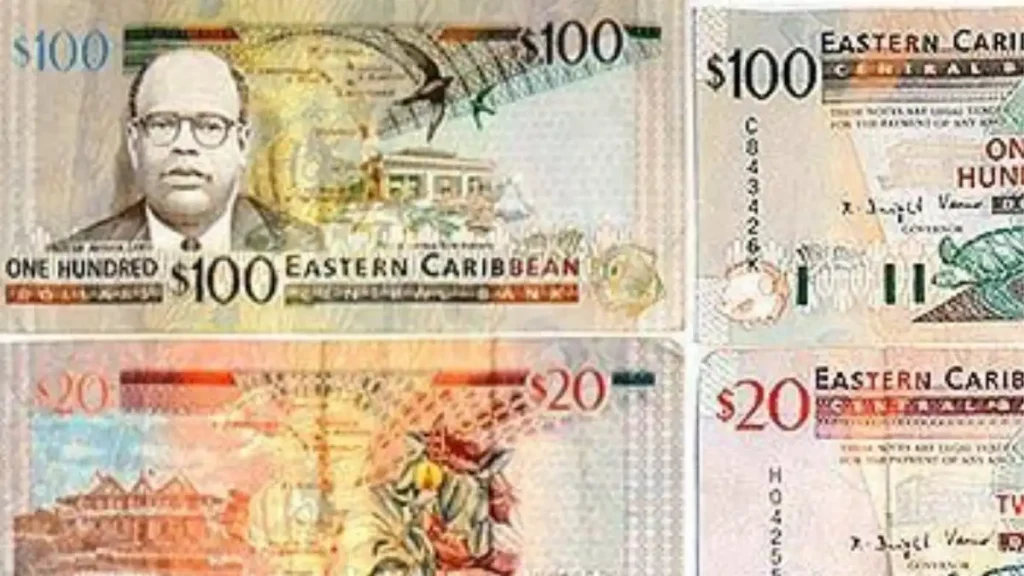Greece blends history and hospitality like few places on Earth-from the ruins of Athens to the sun-soaked tavernas of Santorini. But navigating money in Greece takes more than just a card swipe. While the Euro (EUR) is the official currency and credit cards are accepted in many restaurants and hotels, smaller businesses, taxis, and island services often prefer cash. ATMs are available but may charge foreign card fees, and you’ll need lower denominations for everyday use. This guide helps you get the best rates for currency in Greece, use your money wisely, and avoid tourist traps that can eat into your budget.
How to pay in Greece – cash or card?
Card is widely accepted, but cash is still commonly used. Foreigners might use a mix of cash and cards, with an estimated 60-70% of transactions in cash.
You can use cash for:
- Budget hotels (especially in islands or small towns)
- Hostels
- Local tour operators (island hopping, local excursions)
- Tips and gratuities (expected in cash in many cases)
- Street food (gyros, souvlaki stands)
- Small eateries / restaurants (especially family-run tavernas)
- Sit-down restaurants (non-touristy areas)
- Small purchases
- Local expenses at grocery stores, kiosks, and open markets
- Local buses (especially outside Athens)
- Local taxis (many still prefer cash)
- Local tuk-tuks (in tourist towns like Santorini, though rare)
- Mobile SIM and phone top-up
- Laundry services (especially small, independent ones)
- Nightlife / bars (smaller venues or island beach bars)
You can use card for:
- 4 and 5 star hotels
- Large tour operators (sailing trips, organized tours)
- Shopping at malls and larger stores
- Entry fees to museums, archaeological sites, historical landmarks
- Airport transport (metro, express buses, airport taxis)
- Sit-down restaurants (in major cities or upscale areas)
- Upscale restaurants
- Online bookings for upscale hotels, flights, tours
- Spas
- Tailoring services (limited but present in cities)
- Vehicle renting
- Emergency medical clinics / pharmacies
- Local trains (suburban and intercity rail)
Cash is still widely used, especially on the islands and in smaller towns. However, cards are increasingly accepted in urban and tourist areas, especially after 2015 reforms.
What’s the best currency to take to Greece?
Greece mainly accepts its local currency Euros (EUR or €). Note denominations are € 5, 10, 20, 50, 100, and 200. Other currencies are not usually accepted.
So, Euro is the best currency to take to Greece.
Where to get the local currency in Greece?
In Greece, you can get the local currency in 3 ways. These are:
ATMs, or
Currency exchange
Money transfer and local pick-up
Types of cards to swipe in Greece
Visa and Mastercard transactions are commonly accepted for swiping. You might also find some places that accept Amex and other cards, albeit less frequently.
Types of cards at ATMs in Greece
When withdrawing money in Greece, majority of the ATMs will accept Visa, Mastercard, Cirrus, Plus and Maestro, UnionPay cards. Some of them accept Amex cards. Cards such as JCB, Diners, Discover, Rupay are not usually accepted by many ATMs.
Should I exchange money before travelling to Greece?
If you’re travelling from another Eurozone country, there’s no need to exchange currency before going to Greece, since it uses the Euro (EUR). For visitors from non-Euro countries, it’s wise to bring a small amount of EUR for initial expenses like transport, tips, or snacks.
ATMs are plentiful in cities, airports, islands, and tourist areas, and they accept Visa, Mastercard, Cirrus, Plus, and Maestro cards. Always check with your bank about international fees and card limits. During peak tourist season or on smaller islands, it’s advisable to withdraw cash in advance as ATMs may occasionally run out of money.
Currency exchange services are available at banks, currency exchange offices, and post offices, with better rates in the city than at airports or hotels. Larger denominations like USD and GBP can be exchanged easily.
Card payments are widely accepted at hotels, restaurants, and shops, but smaller vendors, cafés, taxis, and local markets may prefer cash. Carrying both cash and cards provides convenience and flexibility.
Where to withdraw money in Greece
The best ATMs for foreigners to use in Greece are those owned by popular banks such as:
- Piraeus Bank
- Alpha Bank
- Eurobank
- Attica Bank
- National Bank of Greece
There are other banks with ATMs that also accept international debit and credit cards.
Global ATM alliance: Global ATM Alliance is a partnership among many banks in the world to allow its customers to withdraw cash from all partner banks abroad without any ATM fee. Many banks in the US, UK, Europe, Australia, and Latin America are part of the Global ATM Alliance, including Bank of America, Barclays, Deutsche Bank, and others. BUT, there is no local bank in Greece part of this network. So don’t rely on this.
For a detailed guide, read Cash and ATMs in Greece.
Discover fee-free and low-fee ATMs on the ATM Fee Saver mobile app for iOS and Android. This app provides ATM PINs and details of leading bank ATMs such as ATM fees and withdrawal limits for foreign cardholders at ATMs in Greece. Moreover, its simple fee calculator helps you determine exact withdrawal charges. You can also find cash tips and tricks on the app for 160+ countries including Greece.
Download now from the App Store or Play Store.
Where to exchange currency in Greece
In Greece, you can exchange currency at authorised currency exchanges, banks, airports, and hotels, the most popular being authorised currency exchanges.
Currency exchange offices (marked as “Exchange” or “Currency Exchange”) are widespread and easy to find in cities and tourist areas.
Main hubs:
Athens: Syntagma Square, Monastiraki, and Omonia areas
Thessaloniki: Egnatia Street, Tsimiski Street
Islands: Mykonos, Santorini, and Crete towns all have exchange shops in central and port areas
These outlets often provide competitive rates-just verify the posted rate and commission policy beforehand.
- Notable currency exchanges are:
Argo Exchange,
iXchange,
Capital Exchange, and
Eurochange.
Local shops are equally good.
- Banks Offering Currency Exchange:
National Bank of Greece
Eurobank
Alpha Bank
Piraeus Bank
Bank branches usually operate from 8:00 AM to 2:00 PM on weekdays and are closed on weekends.
💡 Tip: While ATMs are plentiful and convenient, they may offer currency conversion at higher rates via Dynamic Currency Conversion (DCC). Always choose to be charged in EUR, not your home currency, when prompted.
Pro-tips:
Stay away from airport exchanges – Poor rates
Avoid the black market – Be wary of being conned.
Include fresh notes – If your notes are damaged or dirty, you can expect to pay more or less.
Is carrying money in Greece safe?
Carrying a sensible amount of cash in Greece is generally safe and necessary. To safely carry cash:
Some safety tips for carrying cash while travelling in Greece are:
Carry only the cash you need.
Do not keep all the cash in one pocket or wallet.
Put some cash in a safety belt or fanny pack.
Do not flash your cash.
When paying, do not remove or display your entire cash.
Keep wallets preferably in front pockets.
Cross-wear your purses if possible.
Hold your purses, wallets and bags close and tight on crowded streets and in public trains and buses.
When withdrawing cash, keep the cash low while you count it so people around don’t see it.
If you’re dining alone, don’t leave your wallet / bag unattented while you go to the restroom.
If sitting outdoors in a restaurant, don’t leave your wallets / bags on the table.
Is it better to use debit or credit cards or pay by cash in Greece
Use a card if it is fee-free i.e. your bank does not charge any fees to swipe the card, when the merchant / POS also does not impose any extra charge to use a card, you need to use the insurance of the card, don’t want to block cash of large purchases and card’s swipe fees are lower than withdrawal fees.
Pay by cash by withdrawing cash from ATM or exchanging currency where – fees on ATM withdrawals are lesser than fees on swiping cards, you don’t want to leave any digital footprint of your expenses, it is convenient and easier to conduct transactions.
